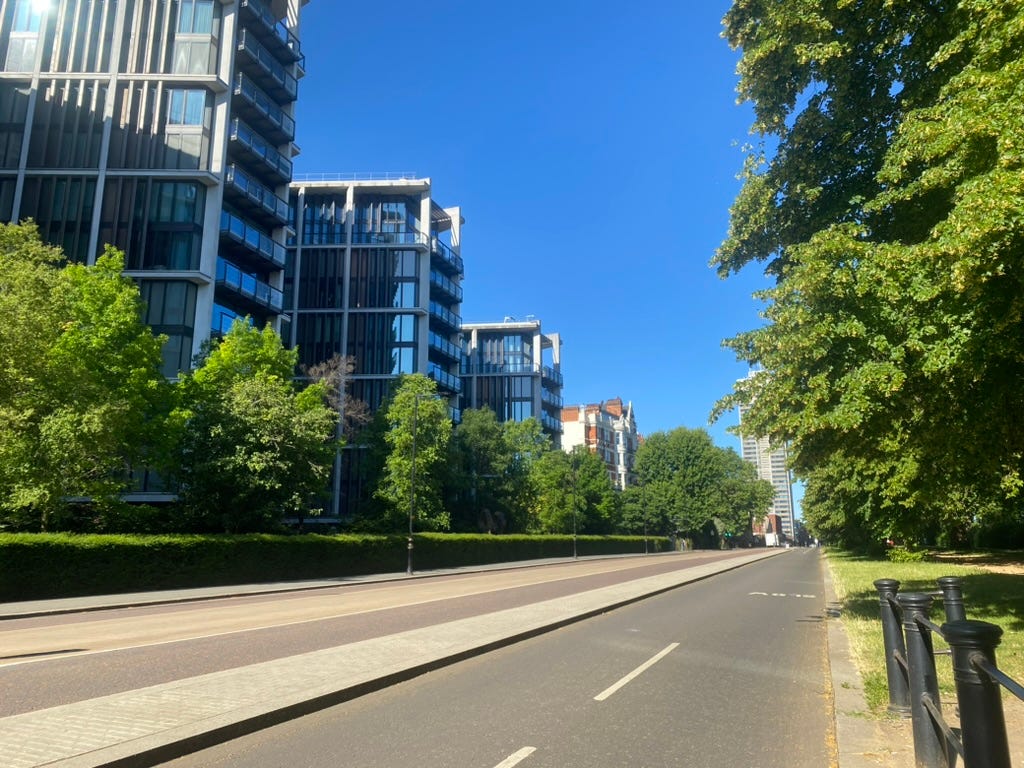Rewriting the stories we tell ourselves
All of us assemble narratives. We piece together events in ways that makes sense to us. It helps process what is happening around us.
These internal narratives can become powerful. They even begin to impact how we think and how we make decisions. Inevitably, down the line, internal narratives can affect our outcomes.
In coaching settings, some stories I hear focus on an individual’s perception of what they are lacking. In a narrative, this gets related to past actions and previous outcomes. And in time, this narrative can affect future actions and outcomes.
‘I didn’t get the promotion because I’m not assertive enough’
→ as the narrative becomes established, the individual defines themselves as passive and stops goal setting
‘I don’t like to take centre stage and that costs me opportunities’
→ over time the individual relinquishes the chance to take the spotlight, which eventually does cost them opportunities down the line
In contrast, in some settings, executives can find narratives that skirt over reality, ignoring things that aren’t going so well. And again, that can affect future actions and outcomes.
‘The numbers aren’t looking great…but that is expected in this climate’
→ the individual pins poor results on external factors
‘We’re losing clients to our competitors but they’ll come back when they realise we deliver a better service’
→ the individual tables potentially serious losses as only temporary
In most cases, unhelpful narratives are driven by bias. Bias can be internal, concerning perception of self or external, concerning perception of surrounding circumstances. Often bias incorporates both internal and external elements. Bias can be negative and denigratory or positive and not critical enough.
Lara’s take
Bias must be recognised and called out in order to move beyond cyclical thoughts and actions that no longer deliver results. But by their very nature, our own biases can be hard to identify. High quality coaching is one route to challenging these biases, exploring the counterfactual and helping rewrite the narrative.
Learning to recognise, challenge and hold biases to account internally is energy intensive but it is possible. The downside… you never know what you’re missing.



